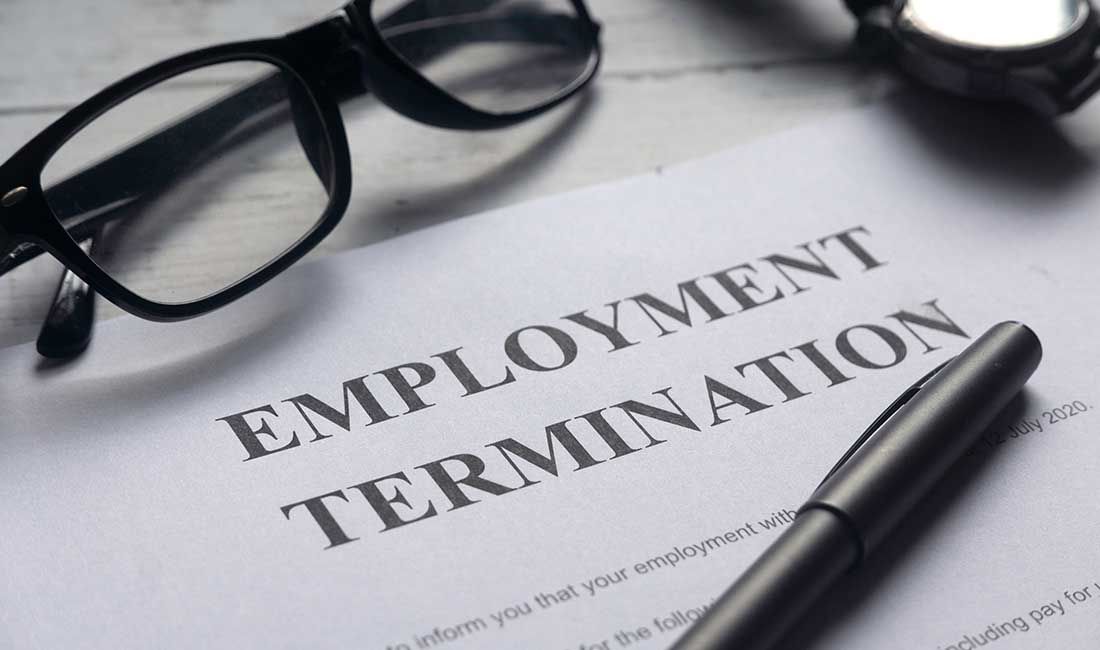Changes to Sexual Harassment Legislation

| W.E.U Admin | Workplace Wellbeing
TAGS: Legislation, Workplace
The recently published annual NHS staff survey reveals concerningly the highest reported levels of discrimination since the survey began. For the first time, staff were asked if they had experienced unwanted behaviour of a sexual nature in the workplace. Of those responding, 8.7% reported sexual harassment by patients, relatives or the public in the past year, and 3.84% reported such behaviour from colleagues.
Against this backdrop, NHS employers should prepare now for the implementation of The Worker Protection (Amendment of Equality Act 2010) Act 2023 (the Act). The Act received Royal Assent and is expected to come into force on 26 October 2024, creating a new positive obligation on employers to take ‘reasonable steps’ to prevent sexual harassment of their employees.
1. Changes in the Law
Under the Equality Act 2010, sexual harassment is defined as “unwanted conduct of a sexual nature, which has the purpose or effect of violating an individual’s dignity or creating an intimidating, hostile, degrading, humiliating or offensive environment for them.”
Currently, an employer can only avoid liability if they prove they took ‘all reasonable steps’ to prevent harassment. Although best practice encourages proactive measures, there is no statutory duty. The new Act will raise the bar by requiring employers to implement preventative measures as a legal obligation.
This legislative change responds to shifting cultural attitudes—particularly post-Me Too—and follows the UK’s ratification of the ILO Violence and Harassment Convention. For further insight, see our related article on ILO Violence and Harassment Convention: Potential Implications for Employers.
2. Significant Amendments from the Draft Bill
- Removal of “all” from “all reasonable steps”: This suggests a more proportionate standard of compliance.
- Third-party harassment: Although the original bill proposed reinstating employer liability for third-party harassment, this was removed in the House of Lords. However, the Labour Party plans to revisit this if elected.
3. Implications and Enforcement
Employees cannot bring a standalone claim for breach of the new duty. Tribunals may award an uplift of up to 25% on compensation only if an employee’s sexual harassment claim succeeds and the employer is found to have breached the duty.
The Equality and Human Rights Commission (EHRC) has extensive powers to enforce the Equality Act, including binding agreements and unlawful act notices. Health-care employers should also note the Memorandum of Understanding between the Care Quality Commission (CQC) and the EHRC, which may be invoked in cases of non-compliance.
4. New Guidance on the Act
While specific guidance on the 2023 Act is pending, the current EHRC technical guidance on sexual harassment provides a solid foundation. The EHRC plans to update its code of practice to reflect the new obligations, and ACAS will develop support materials for employers of all sizes and sectors.
5. Practical Steps for Employers
To prepare for the new duties and forthcoming guidance, health-care employers should consider the following measures:
- Update anti-harassment and “freedom to speak up” policies – Ensure these are accessible, user-friendly and highlighted during induction.
- Implement comprehensive training – Provide regular, role-specific training on identifying, reporting and addressing harassment.
- Establish clear reporting processes – Offer anonymous reporting options, ensure sensitive investigations and maintain a clear paper trail.
- Safeguard complainants – Protect and support employees who raise concerns, including access to counselling and other support services.
- Engage staff regularly – Use one-to-one meetings, surveys and exit interviews to identify issues proactively.
- Conduct risk assessments – Identify high-risk areas and implement mitigation plans.
- Sign the NHS England Sexual Safety Charter – Demonstrate a commitment to a zero-tolerance approach by adopting ten core principles by July 2024.
Conclusion
Although the Act introduces new challenges for employers, it also presents an opportunity to strengthen workplace culture, proactively address harassment and improve staff wellbeing and patient care. By taking reasonable steps now, employers can ensure compliance and foster a safer, more respectful environment for all.
workersofengland.co.uk | Independent Workers Trade Union
This Article is Tagged under:
Legislation, Workplace
Share Article
Most Popular Articles
Related Information Items
-

Winter Sun and Worker Wellbeing: Why Light, Rest and Recovery Matter Pt.1
| W.E.U Admin | Workplace Wellbeing
















